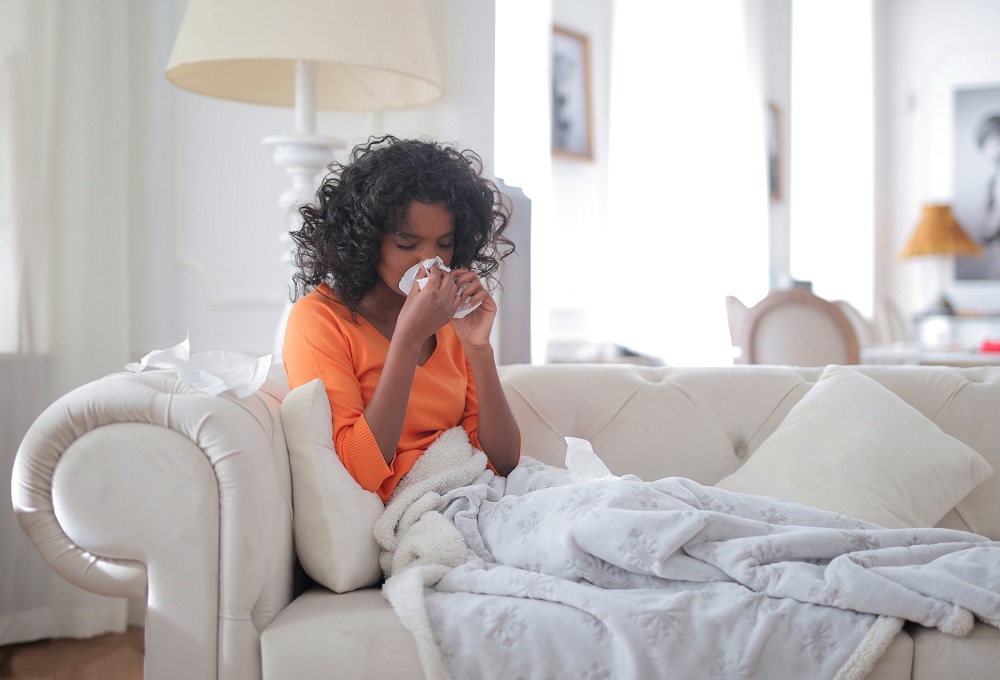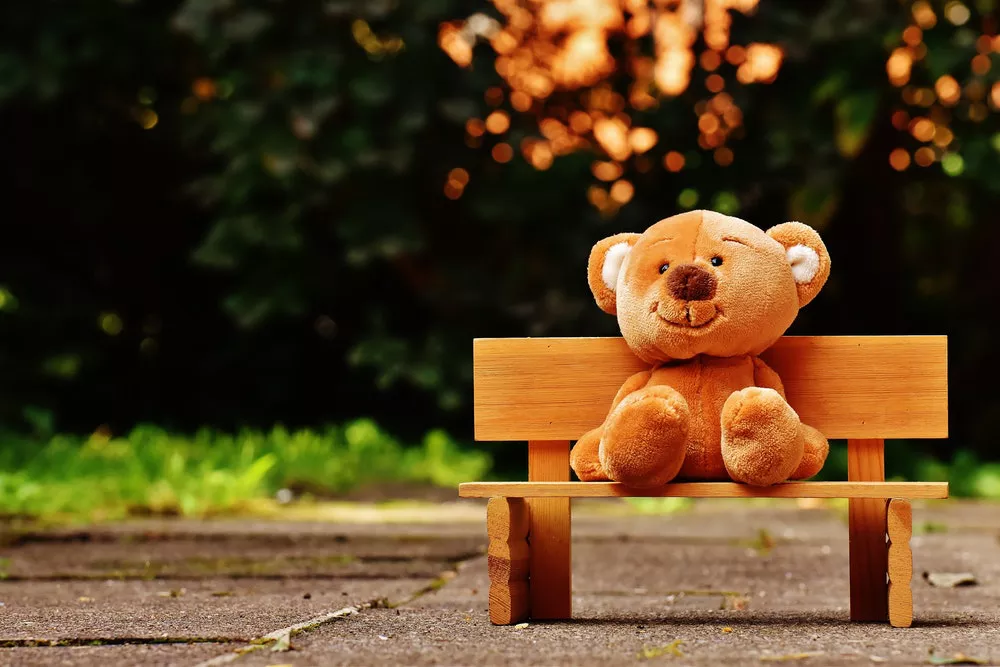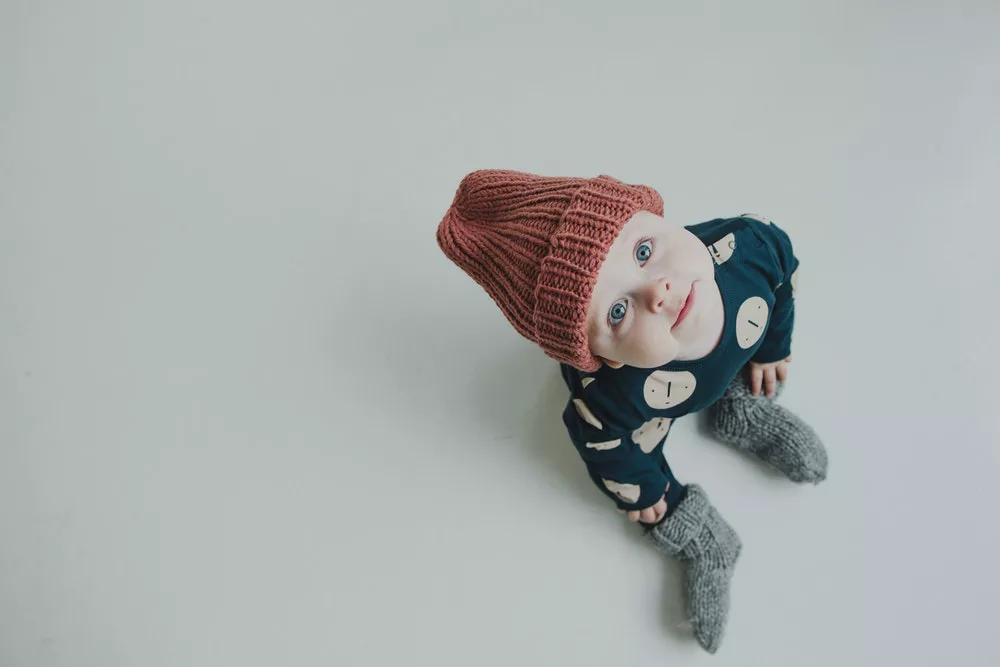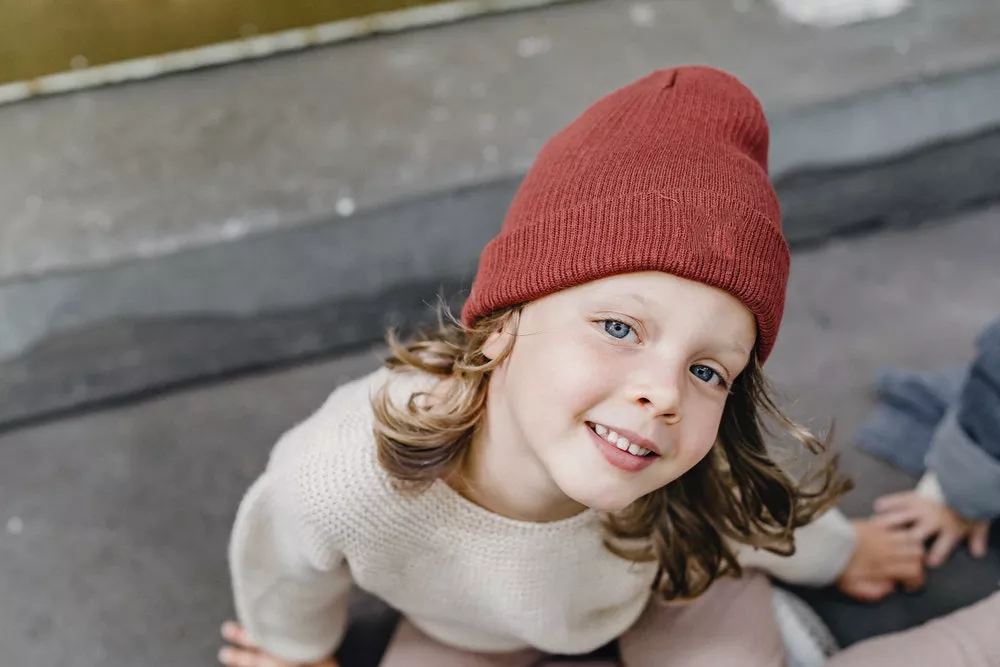Children are more susceptible to colds because their immune systems are not yet complete, and children under 2 years old may get colds 8-10 times a year. The greater the number of people, the greater the risk of cross-infection, so children are also more likely to get colds when they are in kindergartens and homes with more family members.
Medication for colds
Colds are self-limiting and there are no antiviral medications for colds. Any medication that claims to have an antiviral effect on colds is a lie. Colds are self-healing and are not cured by medication. For adults, cold medicine only relieves cold symptoms, and for children, cold medicine does not necessarily relieve symptoms and may have side effects.
According to a study in Taiwan, doctors and pharmacists had significantly lower rates of children using antibiotics for colds and acute bronchitis than other children. Therefore, parental awareness will help their children. Colds are the most common illness in children, and knowing the following about colds can reduce unnecessary medication and risks for your child.
Things you should know about colds
I. Most colds last a week, with about 10% of patients lasting up to 2 weeks. The first symptom is usually a sore throat, followed by a stuffy nose and runny nose. The sore throat tends to resolve on its own after 2-3 days, followed by a stuffy and runny nose. Meanwhile, about 2/3 of children will have a cough that can last 1-2 weeks after other symptoms have disappeared.
II. Antiviral drugs and antimicrobials are not effective against the common cold, and their use not only does not help the condition, but may also produce many side effects. When a child has a combination of acute otitis media, sinusitis or laryngitis, the doctor can determine if antibiotics are needed depending on the situation. Unlike the common cold, influenza can be treated with antiviral therapy and the doctor will decide which antibiotics and antivirals to use.
iii. Do not give over-the-counter cold medicines, including antihistamines (e.g. paracetamol, cetirizine, loratadine), cough suppressants (dextromethorphan, forcodine, etc.), decongestants (e.g. pseudoephedrine, phenylephrine, etc.) to children under 6 years of age.
iv. Children with colds can be given plenty of rest. Most sore throats can be relieved on their own, and nasal congestion can be relieved by saline drops, moistening the nasal passages and then sucking out the snot with a spherical straw, and washing the nose.
V. As with other diseases, it is important to observe your child's mental state when he or she has a cold. Poor mental state, difficulty breathing, and purple lips should be seen by a doctor as soon as possible. Earache and coughing for more than 2 weeks and nasal congestion and runny nose for more than 10 days without improvement should also be seen at the hospital. Young children with colds are prone to serious complications, so those under 3 months of age should be seen in the hospital as soon as possible.
VI. Have your child wash his hands often, wash his toys regularly, make sure he doesn't touch his mouth, nose and eyes, and try not to go to crowded places. Covering the mouth and nose with a tissue when sneezing will reduce the spread of the virus.




